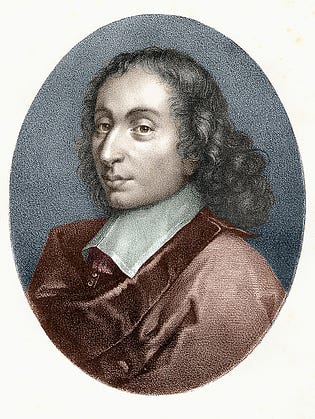|
 |
The Writer's Almanac from Wednesday, June 19, 2013
The text for this poem is no longer available.
"Distance and a Certain Light" by May Swenson, from Collected Poems. © The Library of America, 2013.
It's the birthday of short-story writer and memoirist Tobias Wolff, born in Birmingham, Alabama (1945). He joined the Army and served in Vietnam. When he returned to the United States, he supported himself with odd jobs. In 1976, the Atlantic Monthly accepted his story "Smokers," which was the first he ever submitted for publication.
He went on to write several collections of short stories, but he's best known for This Boy's Life, (1989), a memoir about his childhood.
Tobias Wolff, who said, "You could say that all my characters are reflections of myself, in that I share their wish to count for something, and their utmost confusion as to how this is supposed to be done."
The Civil Rights Act of 1964 was passed by the United States Senate on this date. It's often viewed as the most important United States civil rights legislation since the Reconstruction, and it prohibited discrimination based on race, color, religion, or national origin in employment, voting, and the use of public facilities. It was first proposed in 1963 by President Kennedy, but failed to pass. Lyndon Johnson put forward a more robust version the following year, but it had faced a long battle in Congress, including a 57-day filibuster, but eventually the Senate voted to end the filibuster and passed the act, with a 71-29 vote.
It's the birthday of mathematician, physicist, and theologian Blaise Pascal, born in Clermont-Ferrand, France (1623). A child prodigy, by the time he was 19 he had already perfected the first mechanical calculator for sale to the public. In the field of physics, he discovered that air has weight, and he conducted experiments to prove that vacuums could exist, which led him to formulate the hydraulic principle that "pressure exerted on a fluid in a closed vessel is transmitted unchanged throughout the fluid." This principle is used today in devices such as syringes, hydraulic presses, automobile brakes, and aircraft controls. In mathematics, he founded the theory of probabilities and developed an early form of integral calculus.
He spent much of his life in conflict between science and religion, and was one of the first philosophers to seriously question the existence of God. But in 1654, he experienced a revelation, the account of which he carried sewn into his coat lining until his death. He came to the conclusion that there was no science to prove God exists; instead, humans must rely on their faith. He produced two great works of religious philosophy, Les Provinciales (Provincial Letters, 1657) and Pensées (Thoughts, 1658).
Blaise Pascal, who said, "The heart has its reasons which reason knows nothing of."
Be well, do good work, and keep in touch.®
The Writer's Almanac red shirt
Support your favorite show with a daily dose of history and poetry by wearing our latest design.
If you are a paid subscriber to The Writer's Almanac with Garrison Keillor, thank you! Your financial support is used to maintain these newsletters, websites, and archive. If you’re not yet a paid subscriber and would like to become one, support can be made through our garrisonkeillor.com store, by check to Prairie Home Productions, P.O. Box 2090, Minneapolis, MN 55402, or by clicking the SUBSCRIBE button. This financial support is not tax deductible.


